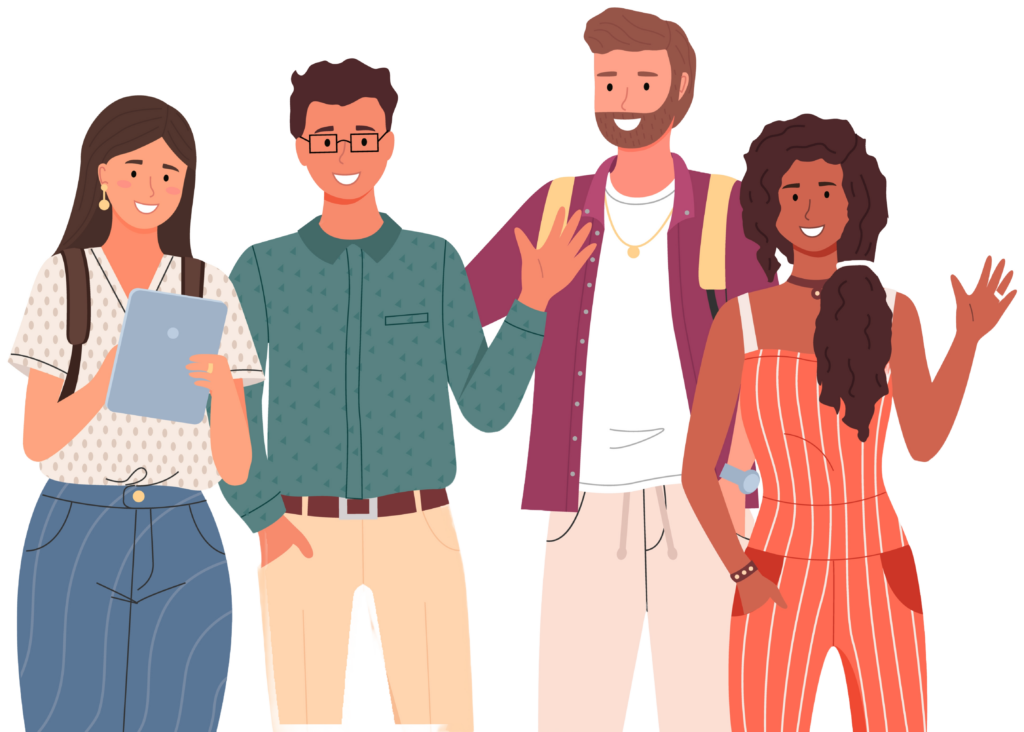Online depression treatment is getting more popular because it provides convenient, flexible care for people dealing with depression.
Virtual intensive outpatient programs (IOPs) help you stay connected through group therapy and professional guidance that’s all online so you can balance your daily responsibilities and healing at the same time.
What are the Symptoms of Depression?
Recognizing your depression symptoms is the first step to healing.
Common symptoms you might be dealing with include sadness, fatigue, loss of interest, changes in sleep or appetite, and difficulty concentrating.1
If you or your loved one is experiencing these symptoms, online depression treatment can be a big help.
Find Online Depression Treatment at Cornerstone
Explore residential, outpatient, and virtual pathways to mental health recovery in Arizona.

6 Reasons Online Treatment Changes the Game
Online depression treatment can help you better manage your depression with convenient care, flexible schedules, and ongoing resources for healing.
1. Treatment from Anywhere- Accessible
Virtual IOPs for depression remove the barriers of travel, location, and mobility issues, so care is available wherever you are.
Whether you live in a rural area, have no transport, or just prefer to stay at home, online depression treatment means you get professional support without disrupting your daily life.
2. Scheduling to Fit Your Life- Flexible
Online treatment means flexible scheduling so you can have the time to attend your therapy sessions while also managing your work, school, or family commitments.
By fitting treatment into your routine, virtual IOPs for depression make it easier to put your mental health first without disrupting the rest of your life.
3. Group Therapy to Connect and Feel Supported
Virtual IOPs for depression also include group therapy sessions to connect, understand, and be supported.
Sharing with others who are going through the same thing reduces feelings of loneliness and isolation.
This sense of community helps you build relationships, gain perspective, and be encouraged throughout your depression recovery.
4. Online Evidence-Based Therapies
Virtual intensive outpatient programs offer proven therapies like Cognitive Behavioral Therapy (CBT) and mindfulness practices to help you manage your depression.
These evidence-based approaches teach you practical skills to change your negative thinking, reduce stress, and build healthier coping mechanisms.2
Online therapy is just as effective and empowering for your long-term recovery.
Quick Tip: Engage Fully in Your Virtual IOP Journey
To get the most out of your virtual IOP, set up a dedicated space for sessions, minimize distractions, and participate fully in group exercises. Remember, consistency and participation are what will help you progress in your online depression treatment.
5. Privacy and Comfort in Your Own Space
With online treatment for depression, you can get care in the comfort and privacy of your own home.
Being in your own space reduces stress, promotes relaxation, and lets you focus on healing without worrying about commuting in person or being seen in a clinical setting.
6. Coping Tools to Keep with You
Virtual IOPs for depression give you tools and strategies to use beyond sessions, like digital resources, self-care practices, and practical coping skills.
This way, you can stay connected, manage your symptoms, and stay on track with your depression recovery even when your sessions are done.
How Virtual IOP Helps Long-Term Recovery from Depression
Virtual intensive outpatient programs help you with your long-term recovery from depression by offering convenient care, group connections, and evidence-based therapies.3
These programs help you build coping skills, strengthen your support systems, and create sustainable ways to manage your depression so you can continue to progress and have better mental health in the future.
Frequently Asked Questions
How does virtual IOP work for depression?
Virtual IOP provides you with structured and convenient therapy, including evidence-based approaches, in an online format. It helps you manage your depression with the help of professional support, group connections, and practical coping skills, all from the comfort of your home.
Is online depression treatment as good as in-person?
Yes, online depression treatment through virtual IOPs can be just as good. It provides the same therapies as traditional programs, like CBT and mindfulness. For many, the convenience and comfort of virtual therapy make it equally as helpful as in-person treatment.
Can I balance virtual IOP with my daily responsibilities?
Absolutely! Virtual IOP is designed to be flexible so that you can schedule your sessions around your work, school, or family commitments. This way, you can prioritize your mental health and get professional help without having to disrupt your daily life’s responsibilities.
Key Takeaways
- Key Takeaways
- With VIOP, you can do depression treatment from anywhere.
- Online therapy has flexible scheduling so you can do your therapy with daily life.
- Online group therapy connects you and reduces feelings of loneliness.
- Evidence-based therapies like CBT mean VIOPs give you effective care.
- Privacy in your own home is a safe space for you to heal.
- Virtual IOPs give you tools to stay connected and maintain your progress.
Start Your Online Depression Treatment Today at Cornerstone
Online depression treatment with virtual IOP means accessible, flexible, and effective care for your mental health.
With group connections, evidence-based therapies, and tools for long-term recovery, you can heal while also juggling life’s demands.
If you or your loved one is struggling with depression, please reach out to Cornerstone Healing Center about our virtual intensive outpatient program today to get started on your healing journey towards a happier life.



